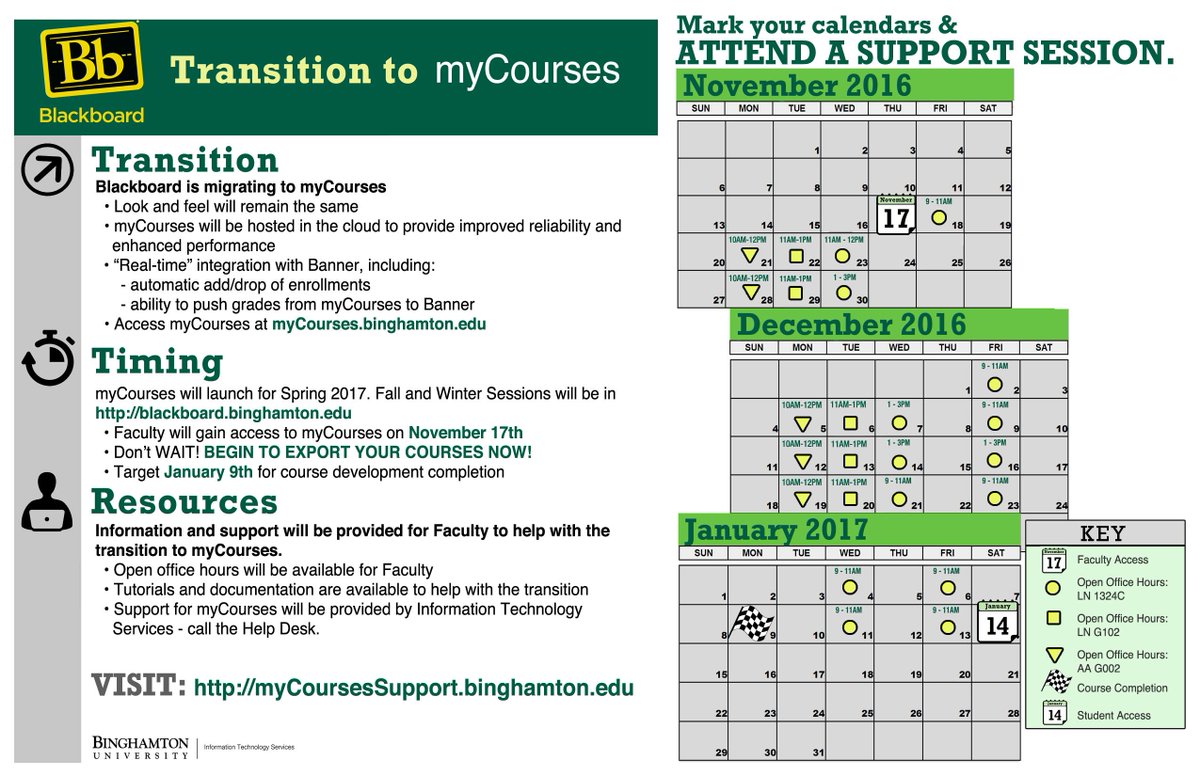When it comes to succeeding in your education at Binghamton University, having the right textbooks is essential. Navigating the world of academic resources can be overwhelming, especially with the rising costs of higher education. In this comprehensive guide, we will explore everything you need to know about Binghamton textbooks, including where to find them, how to save money, and the best practices for managing your study materials effectively.
The significance of textbooks in your academic journey cannot be understated. They serve as vital tools that provide the knowledge and resources necessary to excel in your coursework. In this article, we will delve into various aspects of acquiring textbooks at Binghamton, ensuring you have the information needed to make informed decisions.
From understanding the different formats available to exploring rental options and digital resources, this guide will equip you with the knowledge to optimize your textbook experience. Let’s dive in!
Table of Contents
- 1. Understanding the Types of Textbooks
- 2. Where to Buy Binghamton Textbooks
- 3. Renting vs. Buying: What You Need to Know
- 4. Digital Textbooks: The Future of Learning
- 5. Saving Money on Textbooks
- 6. Reselling Your Textbooks
- 7. Textbook Exchange Programs
- 8. Conclusion and Further Resources
1. Understanding the Types of Textbooks
Textbooks can come in various formats, each serving different purposes and preferences. Here are the most common types of textbooks you will encounter:
- Hardcover Textbooks: Traditional, durable, and often more expensive, hardcover textbooks are the standard in academic publishing.
- Paperback Textbooks: Generally more affordable than their hardcover counterparts, paperback books are lighter and easier to carry.
- E-books: Digital versions of textbooks that can be accessed on various devices, offering convenience and often lower prices.
- Open Educational Resources (OER): Free, openly licensed materials that can be used for teaching, learning, and research.
2. Where to Buy Binghamton Textbooks
Finding the right place to purchase your textbooks is crucial for saving money and ensuring you have the correct materials. Here are some recommended sources:
2.1. Binghamton University Bookstore
The official Binghamton University bookstore offers a wide selection of textbooks, including new, used, and rental options. It’s also a good idea to check for any special promotions or discounts they may have.
2.2. Online Retailers
Websites like Amazon, Chegg, and eBay often have competitive prices and can be excellent alternatives for purchasing textbooks. Some of these sites even offer rental options.
2.3. Local Bookstores
Don’t overlook local bookstores in the Binghamton area. They may offer used textbooks at lower prices and support the local economy.
3. Renting vs. Buying: What You Need to Know
Deciding whether to rent or buy your textbooks can have a significant impact on your budget. Here are some factors to consider:
3.1. Benefits of Renting
- Cost-effective: Renting textbooks can save you a considerable amount of money.
- No long-term commitment: You’re not stuck with a book you may never use again.
3.2. When to Buy
- Future reference: If you believe you’ll need the textbook for future courses.
- Resale value: Some textbooks can be resold for a decent price.
4. Digital Textbooks: The Future of Learning
As technology advances, digital textbooks are becoming increasingly popular among students. Here’s why:
- Accessibility: E-books can be accessed on multiple devices, making it easier to study on the go.
- Interactive features: Many digital textbooks come with interactive content, such as quizzes and videos, enhancing the learning experience.
- Cost savings: Digital versions are often cheaper than physical copies.
5. Saving Money on Textbooks
Here are some tips to help you save money on your textbook purchases:
- Compare prices across multiple retailers.
- Look for used or older editions of textbooks.
- Utilize student discounts and promotions.
- Consider sharing textbooks with classmates.
6. Reselling Your Textbooks
Once you’ve completed your courses, reselling your textbooks can help recoup some of your expenses. Here’s how to do it effectively:
- Utilize online platforms such as Amazon, eBay, or Facebook Marketplace.
- Post on campus bulletin boards or social media groups.
- Check with local bookstores that may buy back used textbooks.
7. Textbook Exchange Programs
Some universities and organizations offer textbook exchange programs where students can trade textbooks with one another. This can be a great way to acquire the books you need without spending money. Check with Binghamton University for any ongoing programs or initiatives.
8. Conclusion and Further Resources
In conclusion, understanding the ins and outs of Binghamton textbooks can greatly enhance your academic experience. By knowing where to buy, rent, or exchange textbooks, you can save money and focus on your studies. Remember to leverage digital resources and take advantage of any available discounts.
We encourage you to share your experiences and tips for finding affordable textbooks in the comments below. Don’t forget to check out our other articles for more helpful guides!
References
- Binghamton University Bookstore Website
- Chegg Textbook Rental Services
- Open Educational Resources (OER) Initiative
Thank you for reading! We hope to see you back here for more insightful articles on academic success.
You Might Also Like
Discovering Layla Jenne: A Comprehensive Insight Into Her Life And CareerLyna Parez: The Rising Star In The Entertainment Industry
Aishah Spider Man Video: A Deep Dive Into The Viral Sensation
Is Kyle On Hell's Kitchen A Woman? Exploring The Reality Behind The Kitchen
Puskas Award Winner 2024: Celebrating The Most Beautiful Goals In Football
Article Recommendations


